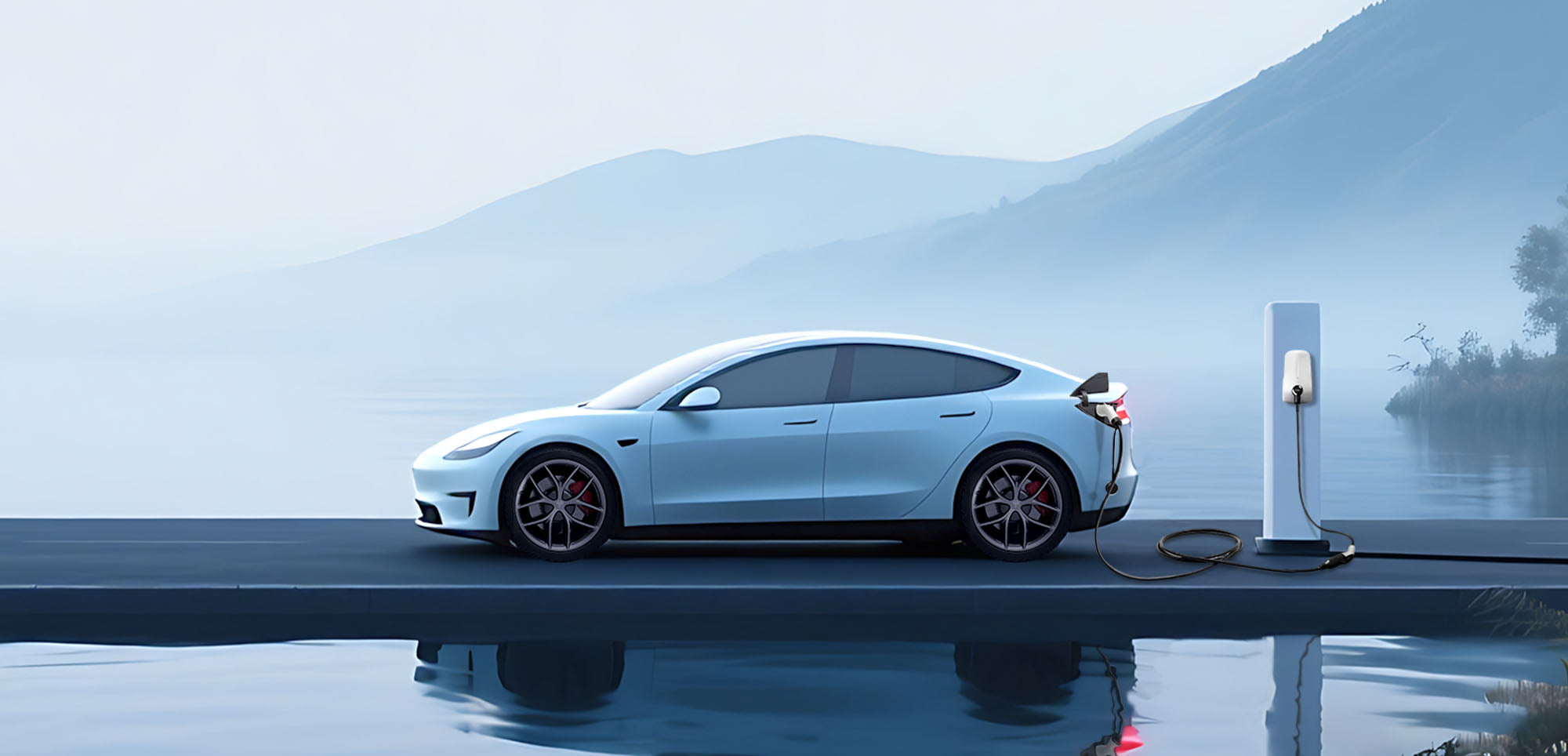When the built‑in length of your EV charger isn’t enough, it’s tempting to grab a household ev extension cord. But is that safe? The better—and smarter—option is investing in a true ev charging extension cable or ev charger extension cable designed for EV use.
Why Standard Extension Cords Fall Short
Regular extension cords have drawbacks you can’t ignore:
-
Overheating and Fire Risk
Ordinary cords aren’t designed for prolonged high-current use. Overheating, insulation breakdown, or even fires can result—especially when cords run under carpets, coiled, or across hot surfaces. -
Voltage Drop & Reduced Efficiency
The longer and thinner the wire, the greater the voltage drop. That means slower charging and stress on your system. -
Not Built for Outdoor, EV Conditions
Most cords lack weather resistance and durability. They’re not rated for sunlight, moisture, or heavy-duty repetitive use.
Reddit Insights: Real-World EV Charging with Extension Cords
Several EV owners have shared personal experiences:
-
One user ran a 15‑foot 12‑gauge extension cord for Level 1 charging for a year without issues. But extending beyond that distance left them uneasy—especially since Kia doesn’t officially recommend extension cords.
-
Another said that while their 2014 Leaf failed to charge over 20–25 ft of 12 AWG, a shorter 10 AWG cord worked fine—highlighting how essential wire gauge is for reliable charging.
Many recommend lowering the charging amperage (e.g., to 9–10 A) on longer runs to avoid circuit breaker trips—even though it's not inherently unsafe, it's just a practical workaround.
What Makes EV-Rated Extension Cables Superior?
A proper ev extension cable—especially a J1772 extension cable—offers:
-
Certified Safety
UL listing (or similar) ensures it meets rigorous electrical and thermal standards. -
Correct Gauge & Conductivity
Often built with 8 AWG or 10 AWG wire to handle sustained EV charging amperage, minimizing voltage drop and heat. -
Weatherproof Design
IP‑rated insulation and robust connectors protect against moisture, UV, and physical wear. -
Proper EV Wiring Protocols
J1772 extenders maintain critical pilot and proximity signaling—ensuring your EV knows the cable’s capacity and can charge safely.
Industry Trends & Restrictions
As EV infrastructure evolves, fast‑charging networks like EVgo already ban DC extension cables and non‑OEM adapters for safety reasons. This underscores the importance of following safe, certified charging practices at home too.
Best Practices with Any Extension
If using an ev extension cord temporarily:
-
Use the correct gauge – At minimum 12 AWG for Level 1; 10 AWG for Level 2.
-
Keep it short – Just long enough to reach your vehicle.
-
Inspect frequently – Discard at the first sign of wear, heat, or insulation damage.
-
Avoid heat traps – Never coil it, run under carpets, or attach to heaters.
Your Best Choice: Our UL-Certified J1772 Extension Cord
For those seeking peace of mind, our J1772 EV extension cord is the superior solution:
-
UL-Certified & Superior Durability
Built with a rugged 20.6 mm diameter jacket and high-capacity 2×8 AWG + 1×10 AWG conductors—designed to withstand real EV charging demands. -
Integrated Waterproof Connector
The premium molded plug easily survives over 10,000 plug-and-unplug cycles, maintaining integrity and safety over years of use. -
Extreme Weather Ready
From –22 °F to 122 °F, this ev charging extension cable performs reliably—ideal for harsh winters or scorching summers.
Whether you're charging on the driveway, in the garage, or navigating tight parking spaces, this ev charger extension cable delivers safe, efficient, and worry-free performance.

Share:
Safe Use of EV Charging Extension Cable vs. Household Extension Cord
From Driveway to Garage: Creative Uses for a Tesla Extension Cord